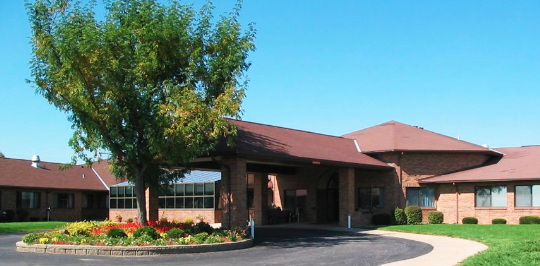How to Provide Caregiver Support
We are headed into the spring; flowers, the changes as plants wake up, and the warmth of the spring sun. Even with the spring, we are also a year older and in some cases, a little less “springy” as we were last year. So, as we think of the “change of spring”; cherish your parents, spouse, and children and know not every day is going to be “perfect”. Sometimes, the obtainable is not a perfect day, but only a perfect moment; cherish that moment. Life today is active, especially for women aged 45 — 55 who care for both their parents and children. These are the people caught in the “sandwich generation”.
Life changes in the aging process, sometimes moms or dads become the main caregiver for their spouses. Sometimes a child becomes the main caregiver for a parent. These times are tough, almost like a bad dream. At that time look for “perfect moments”. Also, at that time it becomes most important to care for the one most neglected — “ourselves”.
One disease requiring a great deal of caregiving is Alzheimer’s. A Stanford School of Medicine study showed caregiving responsibilities for Alzheimer’s and dementia can last 10 — 15 years. During that time caregivers often ignored their personal health and experienced mental health issues such as depression, substance abuse, and a number of physical problems. Their researchers showed that Alzheimer’s caregivers have a 63% higher mortality than non-caregivers. In fact, 40% of the caregivers die from stress-related health issues prior to the patient dying.
If you have a parent caring for another, reach out. Observe, see what they need. Bring supplies, groceries, and dinners. Prepare yourself with information on the health issue your loved one has. Be prepared to help with whatever is needed. Don’t wait for your parent to ask; they probably won’t. Tell them you will be there to help and visit with the patient during a specific time. Give the caregiver permission to leave for a couple of hours. If you cannot find the time to help in this manner, hire a home care sitter for three or four hours as a gift.
The motivational writer and speaker, John Maxwell, talk about easing the stress of life by planning. Even while caring for a loved one, time must be planned for the caregiver. Whether it’s an Alzheimer’s support group, church activity, shopping trip, a movie, or stopping in at the library, caregivers must take time for themselves. This is all part of planning our life.
Would you take a substantial trip without planning ahead? You may plan for Easter Day; where the day will be held, who’s coming, and what food will be served. Life is a broader view of this. A plan allows someone to stay focused and stay on course. In a caregiver’s situation, planning allows for relief of the stress of the unknown, and time just to unwind from the stress of providing care. John Maxwell says: “life is not a dress rehearsal, you only get to do it one time.” Make your “one time” the best it can be. This column is for a special friend — make time for yourself.
Coordinating care for your children and parents simultaneously is not easy. What can you do to manage this? Three words of advice: Plan, Plan, and Plan. Legal, financial, residential, mental, and physical healthcare elements must be addressed prior to a crisis. A sandwich generationer should guide their parent through these issues and the primary issue of safety while being careful not to take all control away from a parent. Once again, it is important to start talking, making suggestions, and guiding early, do not wait for a crisis.





